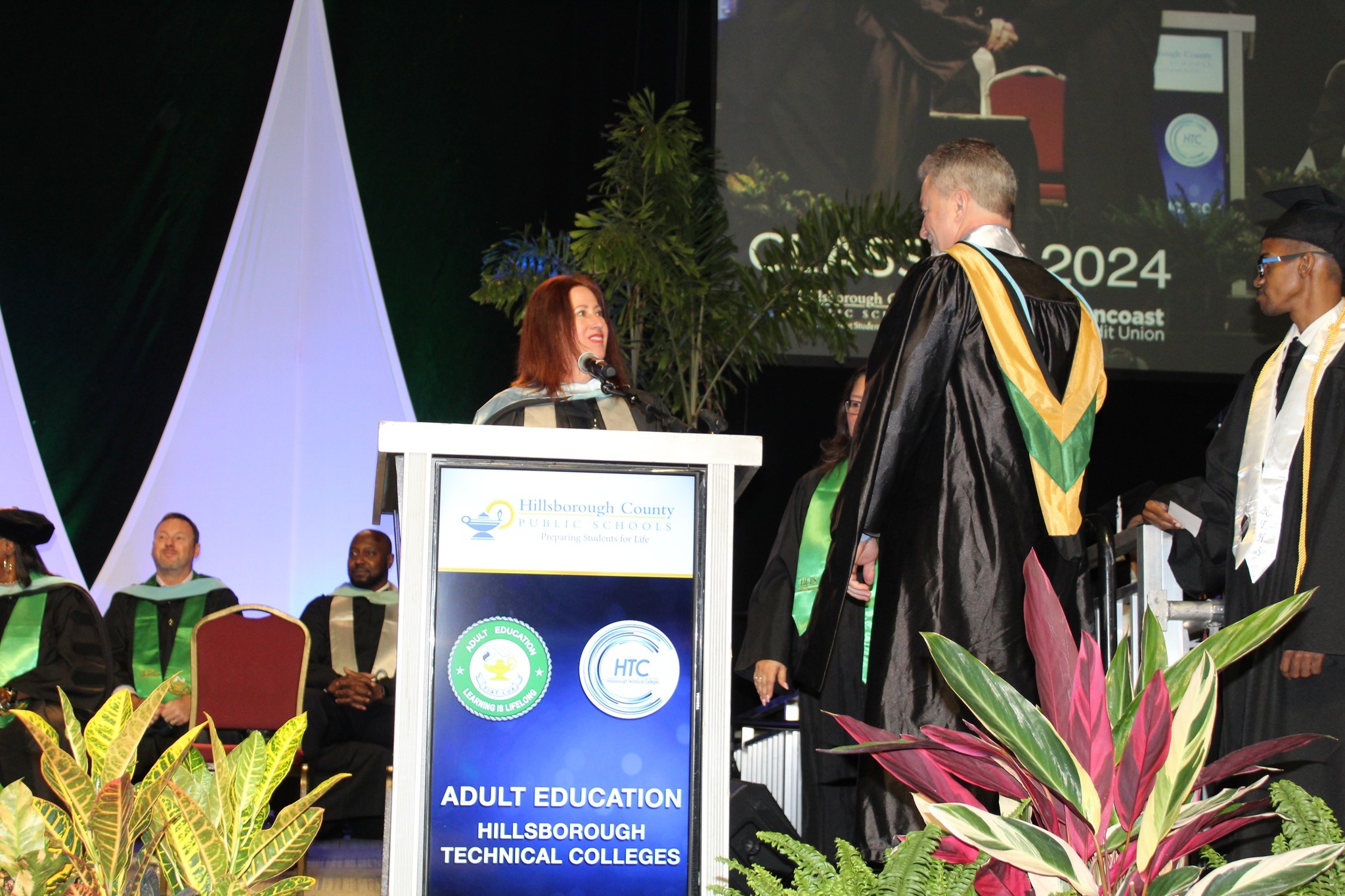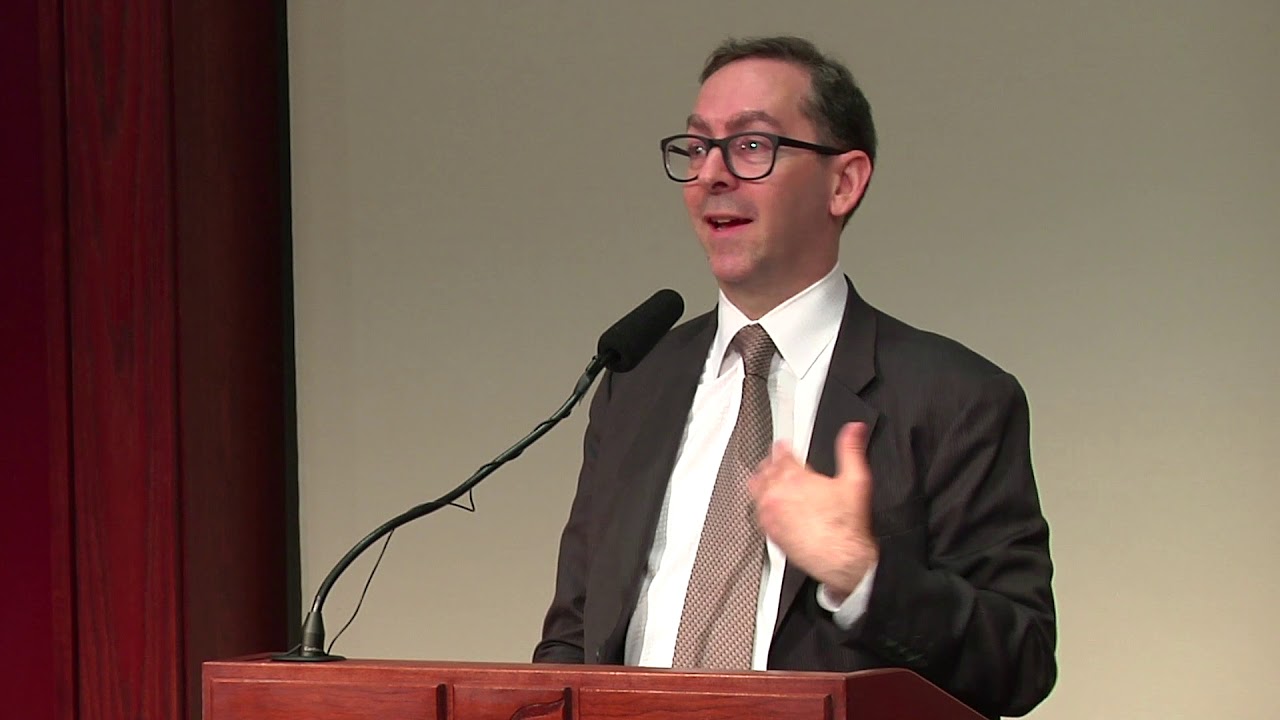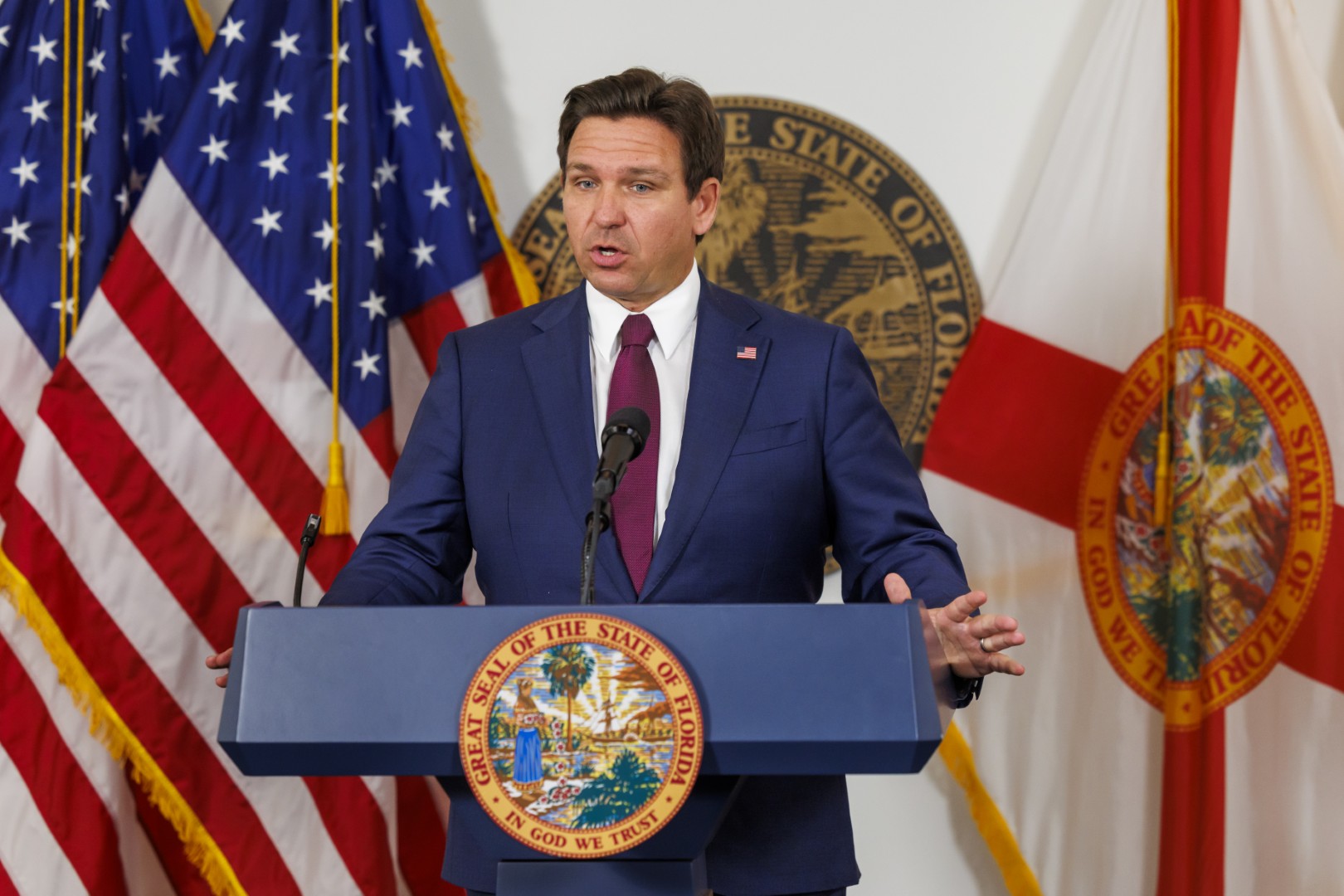The Florida Senate will soon determine the fate of Adam Kissel’s nomination to serve on the Board of Trustees at the University of West Florida (UWF). If Kissel’s next Committee stop goes no better than his first one, it will be curtains for the former Pinellas County high school valedictorian.
Which would be quite a shame. For a reason few people seem to be considering.
Six years ago, the presidents of Florida’s 12 state universities joined Florida’s chancellor of higher education in signing a joint statement on campus free expression — the first system-wide statement of its kind in the nation.
Not surprisingly, the Florida statement elicited much-deserved praise from free speech advocates all over the country.
It also received well-deserved praise here in the Sunshine State where many observers recognize that if Florida’s higher education system can distinguish itself as a haven for free speech and viewpoint diversity, our schools will have an easier time competing against the older and more storied institutions that tend to dominate national “best colleges” rankings.
Sadly, six years after the release of the Florida Statement, only four of the state’s 12 state universities have modified their campus speech policies sufficiently to bring them into alignment with the historic statement their presidents signed. Accordingly, only four Florida schools — the University of Florida (UF), the University of North Florida (UNF), the University of South Florida (USF), and Florida State University (FSU) — currently hold a “green light” rating for free speech from the Foundation for Individual Rights and Expression (FIRE).
Since the University of West Florida is not on that list, Kissel said bringing UWF up to “green light” status would be one of his first priorities as a trustee.
Interestingly, Kissel was the only nominee for any state university to reference the importance of campus free speech in his Senate testimony. And he was the only trustee candidate to fail to receive the Committee’s endorsement.
Coincidence? Almost surely. Indeed, most of the Senators who voted against Kissel’s nomination expressed concern about: (1) the fact that he has championed unconventional ideas, like calling for the privatization of a problem-riddled state university in West Virginia; and/or (2) the fact that Kissel no longer lives in Florida.
Call me crazy, but the notion of privatizing troubled state universities doesn’t sound any more outlandish than converting troubled K-12 public schools into charter schools. And Florida has (wisely) embraced turnaround strategies of this sort in K-12 education.
Moreover, if it takes enlisting someone who is no longer a state resident to remind the University of West Florida of its pledge to promote campus free speech, then I say bring him on.
After all, when Florida State University went hunting for a good college football coach back in the mid-1970s, they didn’t confine themselves to the Sunshine State. They hired a fresh-thinking guy from Alabama who was coaching a team in West Virginia (Bobby Bowden). Similarly, when the University of Florida sought a “head ball coach” in the early 1990s, they turned to a creative play-caller from Tennessee who was experiencing coaching success in North Carolina, Steve Spurrier.
Now, obviously, university trustees play a very different role from college football coaches. But they share this in common: oftentimes, the guy with fresh ideas, the guy who is zigging when everyone else is zagging, is the guy you need to help get your school to the next level. And nowhere is it more important to have ziggers — and not just zaggers — than in university life.
Indeed, part of the reason campus free expression is so important is because the pursuit of truth and the pursuit of excellence are both hindered when conventional wisdom cannot be challenged — when outside-the-box ideas can’t be entertained.
So, when the Florida Senate takes a second look at the candidacy of Kissel, I hope our state’s highest deliberative body will see things more clearly than before.
Rather than kissing Kissel goodbye, I hope the Senate will embrace his well-deserved nomination.
___
William Mattox is the senior director of the Stan Marshall Center for Education Freedom at The James Madison Institute.
Post Views: 0

 Entertainment8 years ago
Entertainment8 years ago
 Politics8 years ago
Politics8 years ago
 Entertainment8 years ago
Entertainment8 years ago
 Entertainment8 years ago
Entertainment8 years ago
 Tech8 years ago
Tech8 years ago
 Tech8 years ago
Tech8 years ago
 Tech8 years ago
Tech8 years ago
 Politics8 years ago
Politics8 years ago










